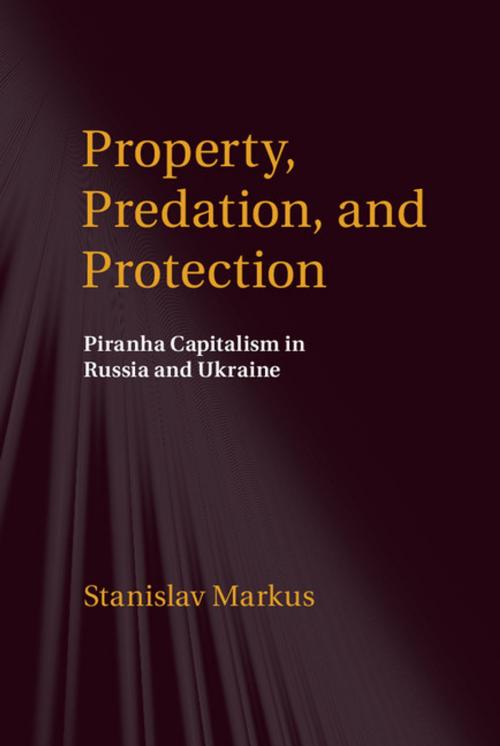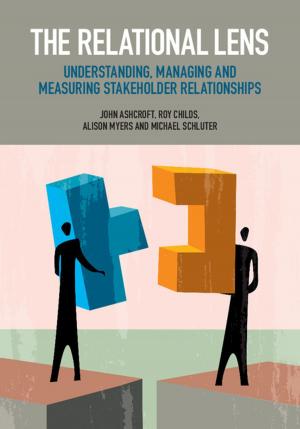Property, Predation, and Protection
Piranha Capitalism in Russia and Ukraine
Nonfiction, Social & Cultural Studies, Political Science, Politics, Practical Politics, International| Author: | Stanislav Markus | ISBN: | 9781316190074 |
| Publisher: | Cambridge University Press | Publication: | February 5, 2015 |
| Imprint: | Cambridge University Press | Language: | English |
| Author: | Stanislav Markus |
| ISBN: | 9781316190074 |
| Publisher: | Cambridge University Press |
| Publication: | February 5, 2015 |
| Imprint: | Cambridge University Press |
| Language: | English |
What threatens the property rights of business owners? And what makes these rights secure? This book transcends the conventional diagnosis of the issue in modern developing countries by moving beyond expropriation by the state ruler or by petty bureaucratic corruption. It identifies 'agent predation' as a novel threat type, showing it to be particularly widespread and detrimental. The book also questions the orthodox prescription: institutionalized state commitment cannot secure property rights against agent predation. Instead, this volume argues that business actors can hold the predatory state agents accountable through firm-level alliances with foreign actors, labor, and local communities. Beyond securing ownership, such alliances promote rule of law in a rent-seeking society. Taking Russia and Ukraine between 2000 and 2012 as its empirical focus, the book advances these arguments by drawing on more than 150 qualitative interviews with business owners, policy makers, and bureaucrats, as well as an original large-N survey of firms.
What threatens the property rights of business owners? And what makes these rights secure? This book transcends the conventional diagnosis of the issue in modern developing countries by moving beyond expropriation by the state ruler or by petty bureaucratic corruption. It identifies 'agent predation' as a novel threat type, showing it to be particularly widespread and detrimental. The book also questions the orthodox prescription: institutionalized state commitment cannot secure property rights against agent predation. Instead, this volume argues that business actors can hold the predatory state agents accountable through firm-level alliances with foreign actors, labor, and local communities. Beyond securing ownership, such alliances promote rule of law in a rent-seeking society. Taking Russia and Ukraine between 2000 and 2012 as its empirical focus, the book advances these arguments by drawing on more than 150 qualitative interviews with business owners, policy makers, and bureaucrats, as well as an original large-N survey of firms.















